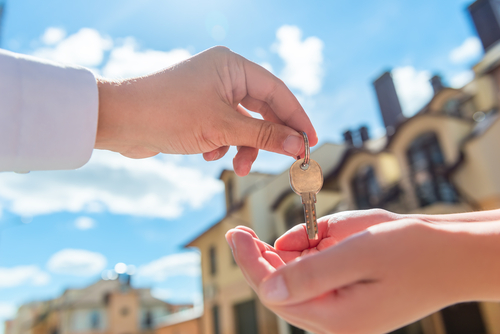 Landlords are “finally waking up” to the fact they could be pushed into a higher tax bracket as a result of April’s buy-to-let tax relief changes, according to the National Landlords Association.
Landlords are “finally waking up” to the fact they could be pushed into a higher tax bracket as a result of April’s buy-to-let tax relief changes, according to the National Landlords Association.
Research from the NLA shows the proportion of single property landlords who anticipate they will be moved up a tax bracket as a result of the changes has almost doubled since the end of 2016.
The NLA said that 16% of landlords with a single property now say the changes will push them into a higher income tax bracket – up 7% from the end of last year.
By the time the changes are fully implemented in 2021 landlords’ mortgage finance costs will count towards their taxable profit. The current average annual mortgage finance costs for a single property landlord is £5,600.
This means that those currently earning just below the upper limit of the basic income tax threshold of £43,500 could be pushed into the higher bracket of 40%, and therefore exposed to significantly more tax liabilities.
Single property landlords represent approximately 62% of the UK’s landlord population – approximately 1.5 of the estimated 2.3 million.
The changes are thought to affect approximately 368,000 homes, with young couples and families potentially at the greatest risk if landlords are forced to sell up as a result.
The NLA says that any single property landlords forced up a tax bracket would need to increase the rent by more than 11% in order to continue to make a steady yield from the property, which equates to as much as £116 per calendar month more for the average rental property.
Richard Lambert, chief executive officer at the NLA, said: “Single property landlords are responsible for providing a huge proportion of the UK’s private rented homes, and these findings show that, slowly, more and more are waking up to the fact their tax bills could be significantly higher in the coming years.
“A fifth (21%) of landlords with just one property do not make a profit, and over the next few years those bumped up a tax bracket will find that their ability to continue to provide good quality housing will be seriously affected.
“More and more families and young couples are making their home in the private rented sector because they cannot either access social housing or afford to buy their own home. Affected landlords will have the choice of either increasing rents or selling up – so either way it’s the people they currently home who look likely to suffer the most as a result of this damaging tax change.”
What Mortgage has teamed up with London & Country to offer you expert advice on the right mortgage deal.
Whether you’re buying a new home, remortgaging to a new deal or buying an investment property, L&C can help – and you’ll pay no fee for their advice. To find out more, click here.


 Buy-to-let
Buy-to-let



